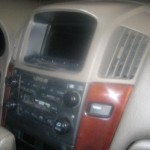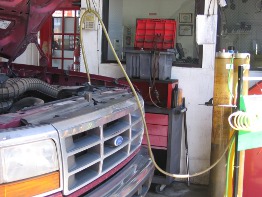
It’s a hot day. You jump in your car, turn on the air conditioning, and sit back waiting for a cool ride. But if all of your vents never cool down and continue blowing a hot stream of air, you’ll quickly find the only thing to do is to pull into your local auto repair shop.
There are a few things you should know about your A/C system long before the heat of the summer is upon us.
- The old standby R-12 refrigerant – trade name DuPont Freon – has been replaced by R134a.
- Never allow anyone to mix refrigerants – the two are not interchangeable. You cannot add R134a to your older air conditioner without flushing the system first.
- Not every auto repair shop will offer you top quality service. In order for some car repair shops to save money, they substitute a volatile mix of propane, butane and flammable hydrocarbons.
- If your car is leaking refrigerant, you’re damaging the ozone layer.
- Your car should undergo an annual maintenance inspection every year to check on the condition of the A/C system. It is estimated you can lose as much as 20 to 30 percent charge over a two year period, meaning your A/C unit isn’t operating at full capacity.
- By using your air conditioning system on a hot day, it does use more gas (not by much). But the alternative may be worse. If you roll down your windows, you are actually increasing wind resistance, which can add up to 10 percent to your fuel consumption, especially the faster you go.
- If you see a puddle of water on the ground, don’t be alarmed. This is a normal function of the air conditioning system, and will continue to drip water from the air conditioning evaporator. The evaporator has a drain tube to allow the condensation from the evaporator to drain away from the vehicle.
The only way to keep your car in top shape year round is to have your car properly maintained and repaired on a regular basis. As the Colorado heat kicks into gear, head in for a complete checkup of your A/C system, and make sure its functioning at maximum efficiency.

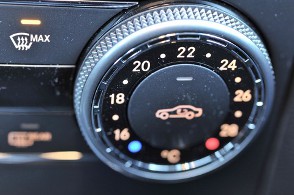
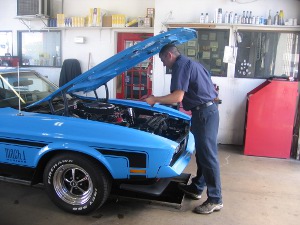


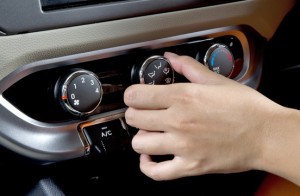 The following tips will help you determine where the problem may lie and what you can do to fix it.
The following tips will help you determine where the problem may lie and what you can do to fix it.

